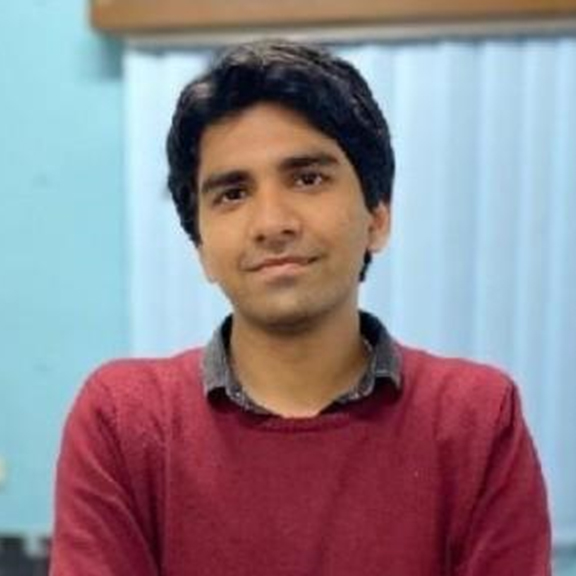Our paper, "Localization Lens for Improving Medical Vision-Language Models”, addresses a major challenge in medical vision-language models (Med-VLMs): their difficulty in understanding anatomy and spatial positioning, both crucial for medical reasoning. We propose a localization-aware enhancement pipeline that strengthens Med-VLMs at three levels—data, architecture, and alignment. At the data level, we introduce the localization lens, expert-validated representations that embed anatomical and positional context. To handle this added complexity, we integrate a pixel shuffle mechanism within the architecture, refining spatial information while preserving anatomical continuity. Finally, we apply decoupled contrastive loss to align visual and textual features more effectively, boosting robustness in data-limited medical settings. Through extensive evaluation, we show up to a 6.2% improvement in Med-VQA performance, particularly on anatomy and spatial reasoning questions. Our method is model-agnostic, making it easily adaptable to existing Med-VLM pipelines, with the goal of developing safer, more interpretable clinical AI systems.

I am a master's student at LUMS with a research background in medical imaging. I previously worked on mitosis detection to assist cancer diagnosis in collaboration with Shaukat Khanum Hospital, which gave me a deep appreciation for the precision and responsibility required in medical AI research. Interestingly, alongside my academic journey, I also work as a data scientist at a mobile gaming company—an unexpected but enriching role. While these two domains may seem worlds apart, I've found that my medical research experience, with its emphasis on minimizing errors and ensuring interpretability, has provided me with a solid foundation for approaching any data-driven problem. At the same time, working in gaming has helped me think creatively, experiment with large-scale data, and bring a fresh perspective back into the medical AI space.
As a young researcher just completing my master's, presenting at MICCAI is an incredible honor and a source of great excitement. To me, MICCAI represents a community of excellence where researchers and organizations from around the world come together to share ideas spanning diverse domains—from text analysis to multimodality to surgical applications. Being able to present my work in this setting means contributing to the ongoing conversation on how AI can shape the future of medicine and healthcare. With the rapid adoption of AI in clinical practice, this opportunity also provides invaluable exposure to cutting-edge research, academia, and industry. I am especially grateful for the MICCAI grant and the Young Researcher Excellence Training program, which have supported my journey. Overall, I feel thrilled to be part of such a transformative event at the very beginning of my research career.
I am particularly eager to see work related to foundation models and their applications in medicine, especially research that connects to the themes of our paper. Beyond that, MICCAI offers a unique chance to immerse myself in areas I am less familiar with and expand my perspective. I hope to discover emerging research directions, explore new interdisciplinary concepts, and better understand how AI can be translated into clinical practice. For me, this conference will not only be a source of inspiration but also a stepping stone in shaping my future research path.
Since this will be my first-ever conference, I am looking forward to everything—the exchange of ideas, the inspiration from cutting-edge talks, and the chance to meet brilliant researchers from around the world. I am excited to attend CLINICCAI and data events, engage in discussions, and learn from both established experts and fellow young researchers. Most of all, I am eager to experience the vibrant energy of this community and carry that momentum forward into my own work.